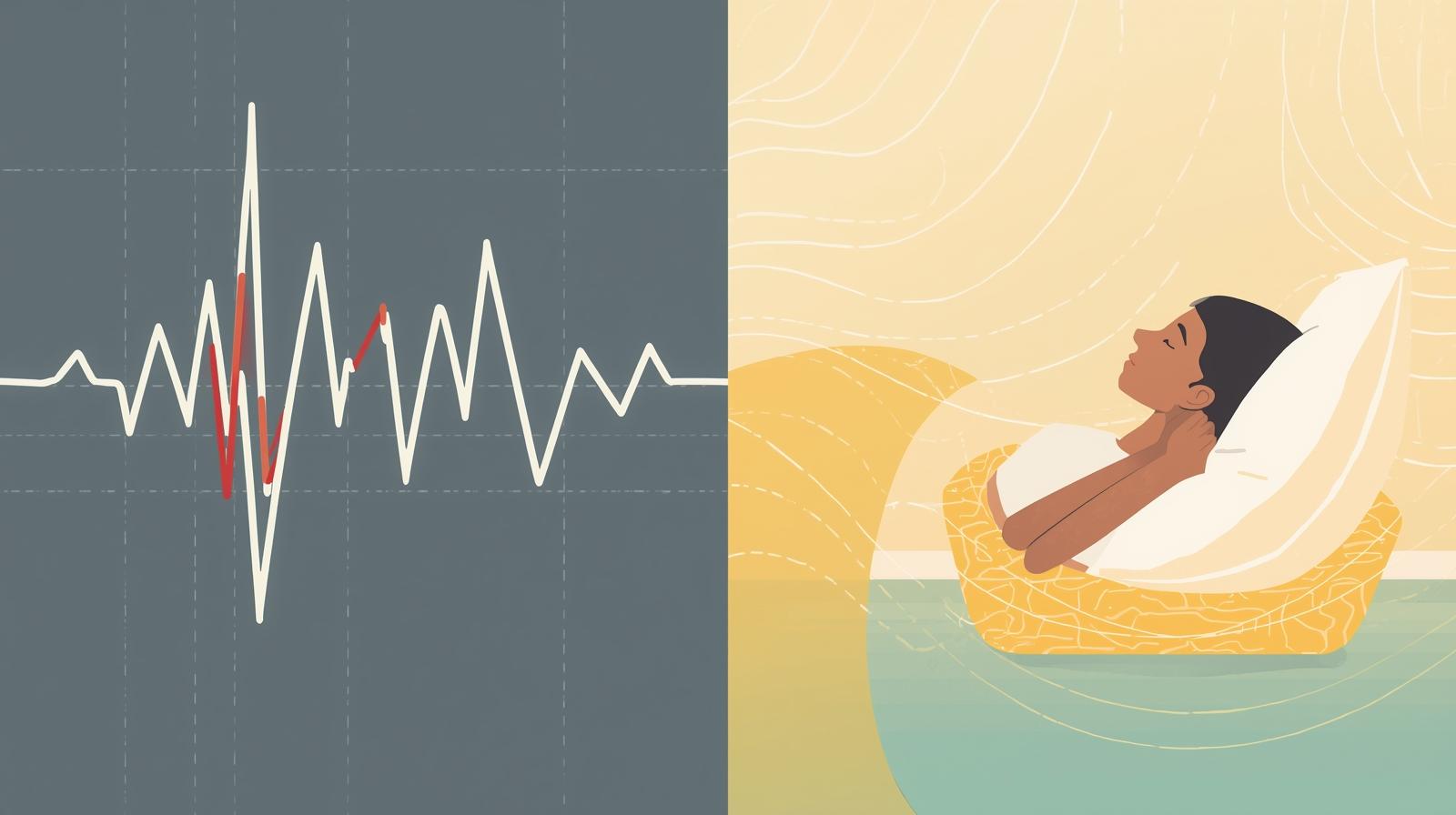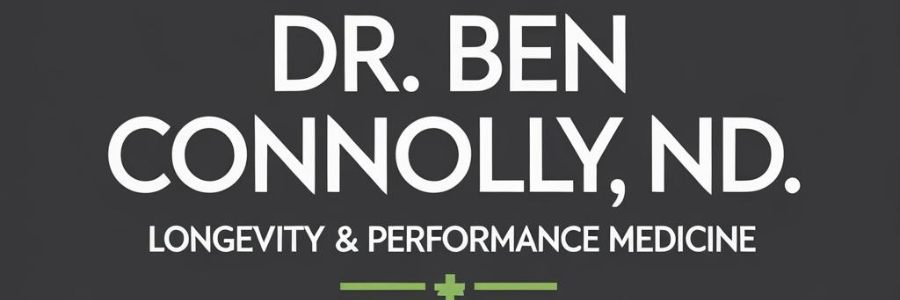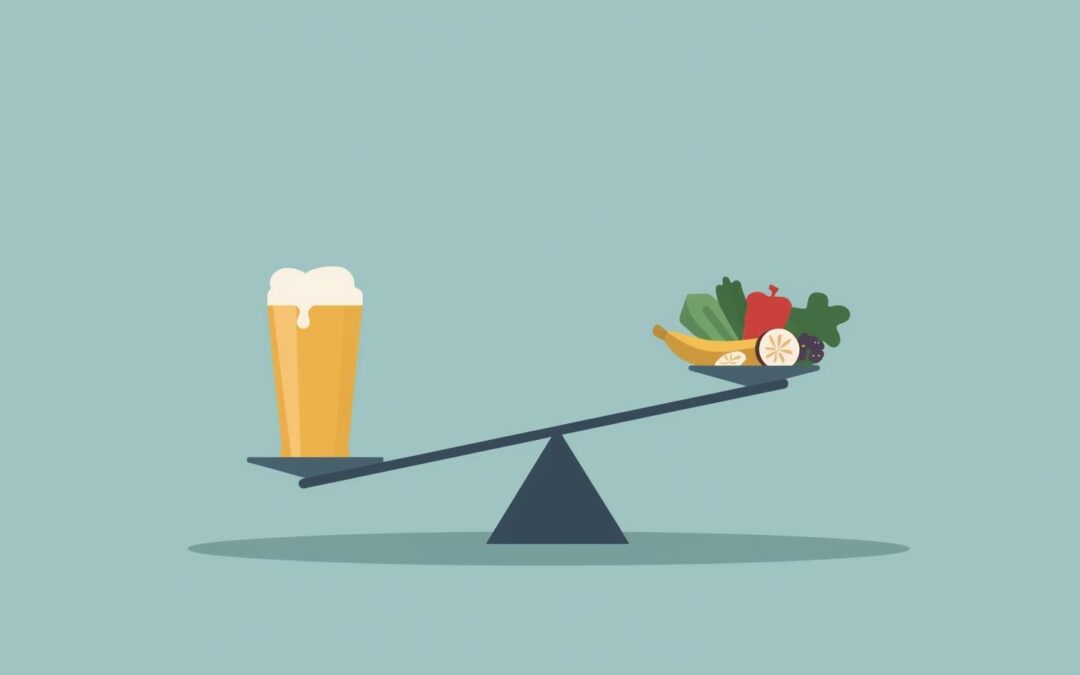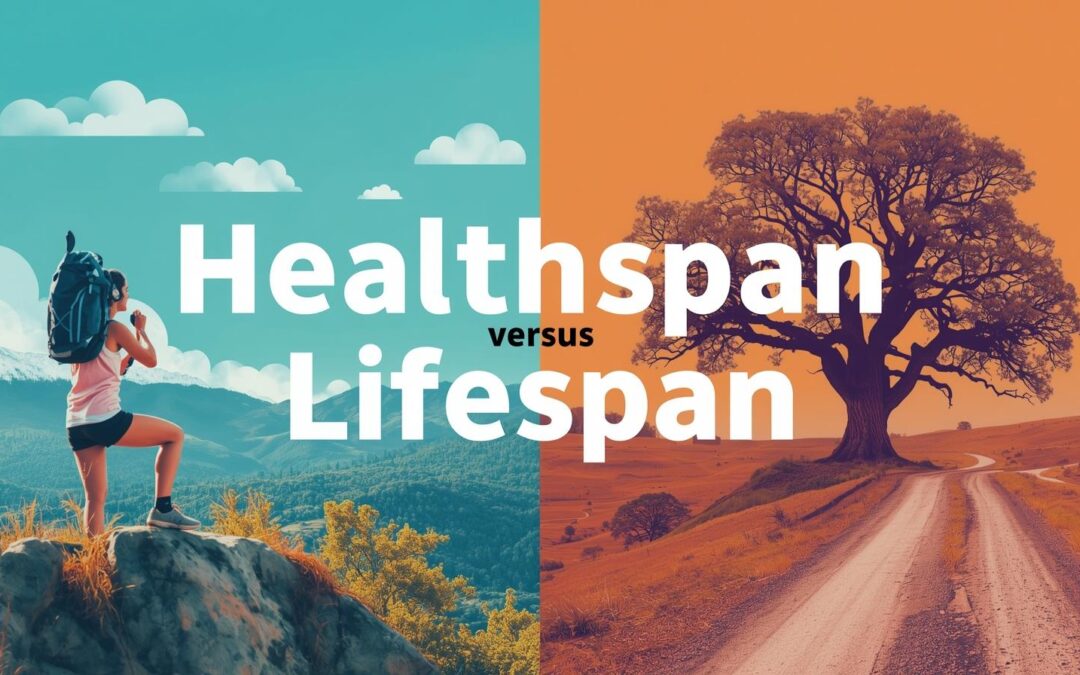
How Alcohol Affects Your HRV (and What That Means for Stress Recovery)
Most people think about alcohol in terms of calories, hangovers, or maybe liver health.
Here’s the kicker: one of the biggest impacts is on your recovery system — your HRV.
HRV (heart rate variability) is like your stress-recovery dashboard. It tells you how well your body can shift between “fight or flight” and “rest and digest.”
Higher HRV = faster recovery.
Lower HRV = stress sticks around.
And alcohol? It tanks HRV.
Alcohol’s Immediate Impact
– One drink before bed? Your HRV drops that night.
– More than one? The effect lingers into the next day.
– The pattern? The more you drink, the slower you recover.
This is why you feel “off” after even a couple of glasses — your nervous system is still playing catch-up.
Why It Matters
Alcohol doesn’t just dull HRV for a few hours. It changes your resilience:
– Sleep tanks. Deep, restorative cycles get blocked.
– Stress sticks. A tough day feels harder to bounce back from.
– Inflammation rises. Lower HRV is tied to higher inflammation — which matters for longevity.
The long game? If you drink often, your baseline HRV can shift lower. That means you’re not just recovering slower after drinks… you’re always operating from behind.
The Bigger Picture
So do you have to cut alcohol forever? Not necessarily.
It’s about being strategic:
– Track your HRV with a wearable.
– Build in recovery days if you drink.
– Stack habits that buffer HRV: hydration, movement, stress management.
It’s not about the drink. It’s about how the drink shifts your recovery curve.
Final Thought
Your HRV tells the truth about your recovery. Alcohol blunts that signal, making stress harder to shake and recovery slower to show up.
The choice isn’t just “to drink or not to drink.” It’s how to recover when you do.
Next step: If you haven’t yet, check out my YouTube series on alcohol. I break this down with visuals so you can see exactly what’s happening inside your brain and body.




